Duwayne R. Anderson, Larry M. Johnson, Florian G. Bell9780120586615, 0120586614
Table of contents :
Team DDU……Page 1
Contents……Page 6
Foreword……Page 12
1 0 Introduction……Page 16
1 1 The birth of the OTDR……Page 17
1 2 Features, functions, and performance improvements……Page 19
1 3 Summary……Page 24
Suggested reading……Page 26
2 1 Total internal refl ection……Page 28
2 2 Fiber attenuation……Page 34
2 3 Numerical aperture……Page 38
2 4 Multipath (modal) dispersion……Page 39
2 5 Chromatic dispersion……Page 43
2 6 Wavelength-division-multiplexed systems……Page 50
2 7 V-parameter, cut-off wavelength, and spot profi le……Page 51
2 8 Splices and connectors……Page 57
2 9 Bending loss……Page 63
2 10 Coherence……Page 67
2 11 Summary……Page 70
Problems……Page 72
3 0 Introduction……Page 74
3 1 OTDR design……Page 77
3 2 A typical OTDR waveform……Page 78
3 3 Multiple-wavelength OTDRs……Page 80
3 4 Optical masking……Page 82
3 5 Evolution of the OTDR……Page 84
3 6 Rayleigh backscatter……Page 87
3 7 Dynamic range……Page 89
3 8 Differences between multimode and single-mode OTDRs……Page 93
3 8 2 Refl ectivity differences between single-mode and multimode fi ber connectors……Page 96
3 8 3 Differences in backscatter levels……Page 97
3 8 5 Pulse-width differences……Page 98
3 8 6 Operating-wavelength differences……Page 99
3 9 Echoes and ghosts……Page 102
3 10 1 Standard OTDR with an EDFA……Page 106
3 10 2 Coherent-detection OTDR……Page 108
3 10 3 Correlation OTDR……Page 110
3 10 4 Short-coherence-length coherent OTDRs (multimode)……Page 111
3 10 5 Photon-counting OTDRs……Page 113
3 11 Summary……Page 114
Suggested reading……Page 115
Problems……Page 116
4 1 Figures of merit……Page 118
4 2 Historical fi gures of merit……Page 120
4 3 Detailed fi gures of merit……Page 122
4 3 1 Refl ective dynamic range……Page 123
4 3 2 Scattering dynamic range……Page 124
4 3 3 Derivation of the noise fl oor……Page 130
4 3 4 Dynamic-range margin……Page 136
4 3 5 Usable dynamic range……Page 138
4 3 6 Measurement range……Page 139
4 3 7 How offset errors affect dynamic-range and measurement-range calculations……Page 140
4 3 8 Event resolution……Page 150
4 3 9 Loss-measurement resolution……Page 152
4 3 10 Return loss……Page 154
4 3 11 Linearity……Page 155
4 3 12 Data resolution……Page 156
4 3 13 Clock accuracy……Page 158
4 3 15 Refractive-index uncertainty……Page 159
4 3 16 1 Fiber length……Page 161
4 3 16 3 Data-processing speed……Page 162
4 3 17 Event-detection accuracy……Page 163
4 4 Standards……Page 164
4 5 Summary……Page 165
Problems……Page 166
5 1 Sources of nonrefl ective events……Page 168
5 2 Cursor placement for manual loss and distance measurements……Page 171
5 3 1 Distance-measurement errors caused by waveform noise……Page 173
5 3 2 Distance-measurement errors caused by fi ltering……Page 182
5 3 3 Other contributions to distance-measurement errors……Page 185
5 4 Summary……Page 191
Suggested reading……Page 192
Problems……Page 193
6 1 Loss-measurement errors caused by waveform noise……Page 194
6 2 Loss-measurement errors due to mismatch of single-mode fi bers……Page 200
6 3 Loss-measurement errors on multimode fi ber……Page 205
6 4 Bending loss and stress loss in single-mode fi bers……Page 211
6 5 Wavelength-dependent loss in fusion splices and connectors between single-mode fi bers……Page 213
6 6 Intrinsic loss in single-mode fusion splices……Page 215
6 7 Summary……Page 220
Problems……Page 221
7 1 Background……Page 224
7 2 1 Refl ections from angled cleaves……Page 227
7 2 2 Refl ections from connectors……Page 229
7 2 3 Refl ections from mechanical splices……Page 235
7 3 Measuring refl ective events using an OTDR……Page 236
7 4 Effects that can reduce the accuracy of refl ectivity measurements……Page 241
7 5 Calibrating the OTDR’s backscatter coeffi cient……Page 244
7 5 1 Calculating the backscatter coeffi cient……Page 245
7 5 2 1 Measuring the backscatter coeffi cient with a calibrated refl ector……Page 248
7 5 2 2 Measuring the backscatter coeffi cient using a CWR……Page 250
7 5 2 3 Measuring the backscatter coeffi cient using an OTDR……Page 252
7 6 Integrated return loss……Page 255
7 7 Summary……Page 260
Problems……Page 262
8 1 Refl ections and the dead zone……Page 264
8 2 Improving the dead zone by optical masking……Page 267
8 3 Impact of refl ections on transmitters and receivers……Page 272
8 4 Dead zone box……Page 278
Problems……Page 280
9 0 Introduction……Page 282
9 1 The far-fi eld scanning method of determining numerical aperture……Page 283
9 2 Measuring the numerical aperture of single-mode fi ber using an OTDR……Page 287
9 3 Measuring the cut-off wavelength of a single-mode fi ber using an OTDR……Page 290
Suggested reading……Page 292
Problems……Page 293
10 0 Introduction……Page 294
10 1 Determining the locations of breaks in systems containing splitters……Page 299
10 2 OTDR requirements for testing networks with splitters……Page 302
Suggested reading……Page 304
Problems……Page 305
11 1 Types of event markings……Page 306
11 2 Functionality of different types of event markings……Page 308
11 3 Optimizing acquisition parameters……Page 313
11 4 Measuring individual events……Page 319
11 5 1 Test-fi ber calibration……Page 327
11 5 2 Repeatability testing……Page 329
11 6 Event-marking features……Page 332
11 7 Remote OTDRs for monitoring networks……Page 336
11 8 Summary……Page 340
Suggested reading……Page 341
Problems……Page 342
12 1 Dead zone fi xture……Page 344
12 2 Fiber circulator……Page 345
12 3 External-source test fi xture……Page 352
12 4 Loss calibration with fi ber standard……Page 353
12 5 Summary……Page 355
Suggested reading……Page 356
Problems……Page 357
13 0 Introduction……Page 358
13 1 Measurement techniques……Page 361
13 2 PMD model of optical fi ber……Page 364
13 3 Mathematical model of a polarization OTDR……Page 368
13 4 Summary……Page 372
Problems……Page 373
14 0 Introduction……Page 374
14 1 Intermodal dispersion……Page 376
14 2 1 Material dispersion……Page 379
14 2 2 Waveguide dispersion……Page 381
14 3 Dispersion reduction in optical fi bers……Page 383
14 4 Measuring dispersion using an OTDR……Page 384
14 5 Measuring chromatic dispersion using multiple-wavelength OTDRs……Page 387
14 6 Summary……Page 390
Suggested reading……Page 391
Problems……Page 392
15 0 Introduction……Page 394
15 1 Durability……Page 395
15 2 Display and controls……Page 397
15 3 Human interface……Page 401
15 4 Optical port……Page 402
15 5 Accessories, options, and features……Page 409
15 6 Safety……Page 411
15 7 Performing a fi ber-acceptance test……Page 414
15 7 1 Sequential steps of an acceptance test……Page 415
15 8 Measuring the splice attenuation……Page 417
15 8 1 Corrective actions……Page 418
15 9 When should OTDR traces be taken?……Page 419
15 10 1 What measurements are required?……Page 420
15 11 Field technician’s top-ten list……Page 421
Problems……Page 422
Glossary of Terms……Page 424
Mathematical Glossary……Page 440
Answers to Problems……Page 446
Index……Page 448

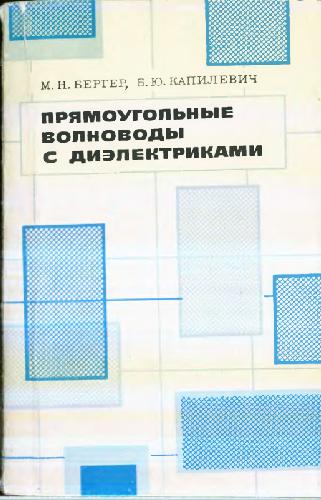
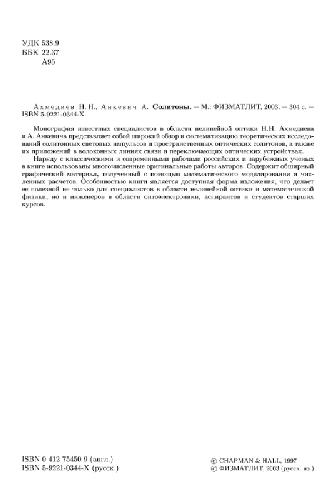

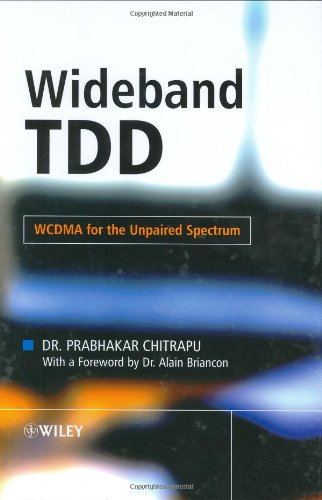
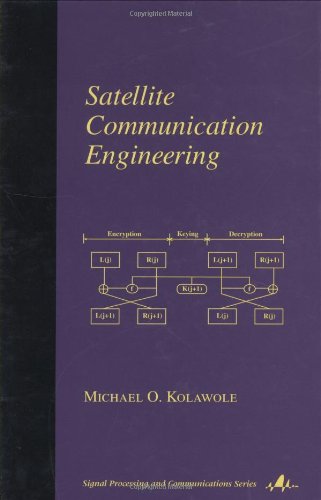
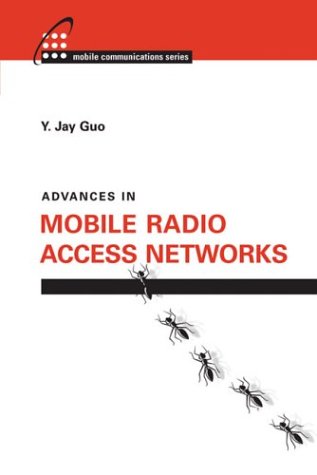
Reviews
There are no reviews yet.